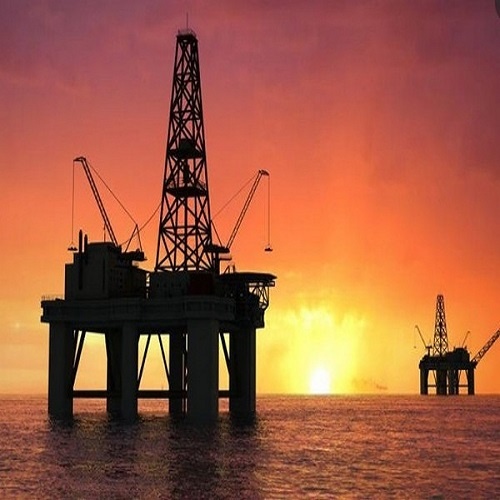New Delhi: India is set to prioritize and accelerate efforts to expand its oil storage capacity in the face of escalating geopolitical risks and an anticipated surge in refining capacity, according to a parliamentary panel report and industry analysts.
According to S&P Global Commodity Insights, the move is prompted by India’s vulnerability to disruptions in the energy supply chain, especially in critical regions like the Red Sea and the Middle East.
A comprehensive strategic plan is recommended to bolster the nation’s energy resilience and reduce risks associated with external dependencies.
Highlighting the urgent need, the International Energy Agency (IEA) standards advocate that member countries maintain oil stocks equivalent to no less than 90 days of net imports.
Currently, India falls short of this benchmark, emphasizing the importance of strategic measures to enhance energy security.
Analysts, including Sumit Ritolia, a refinery economics analyst at S&P Global Commodity Insights, stress the necessity for India to not only meet but surpass this critical threshold.
“Considering the IEA standards requiring member countries to maintain oil stocks equivalent to no less than 90 days of net imports, India should aim to achieve and surpass this benchmark. This entails a comprehensive strategic plan for building and maintaining reserves to meet this critical threshold,” said Ritolia.
India’s current total petroleum storage capacity stands at 74 days, including Strategic Petroleum Reserves (SPRs) and refinery inventories.
The parliamentary panel report indicates that while ISPRL-managed SPRs provide for about 9.5 days of total net oil imports, state oil companies’ storage facilities cover an additional 64.5 days.
Despite these capacities, there’s a notable shortfall compared to IEA standards, urging a dynamic and future-oriented strategic storage capacity plan.
India has taken steps to address this shortfall, implementing SPRs at three locations with a combined capacity of 5.33 million mt.
The second phase involves plans to augment storage capacity further, creating an additional 6.5 million mt of SPRs at two locations.
The emphasis is on a public-private partnership model for the second phase, aiming to add another 12 days of storage requirements.
To bridge the gap and ensure better security, the parliamentary panel recommends that existing refinery projects and recently commissioned refineries set up strategic storage capacity with smaller capacities (two to three days) at five to six locations, contributing an additional 15 to 20 days of capacity.
Encouraging private sector participation in building, managing, and storing crude in petroleum storage facilities is seen as a way to expedite capacity expansion, leveraging expertise, investment, and efficiency.
India has taken steps in recent years to liberalize its strategic oil reserves policy.
Indian Strategic Petroleum Reserves Limited (ISPRL) is now allowed to trade 20 per cent of volumes, offering flexibility to sell crude to domestic refiners, and import, and refill reserves when international prices are favourable.
The move aims to manage price risks and generate revenue while maintaining a strategic reserve that can be accessed by the government in emergency situations.
India’s proactive approach in addressing energy security risks signifies a crucial step towards hedging against potential disruptions in the oil supply chain, ensuring a resilient response to unforeseen challenges, and fortifying the nation’s energy security, according to analysts.
The call for timely expansion of storage infrastructure projects underlines the imperative of preparing for evolving geopolitical landscapes and safeguarding energy interests.
(With inputs from ANI)












